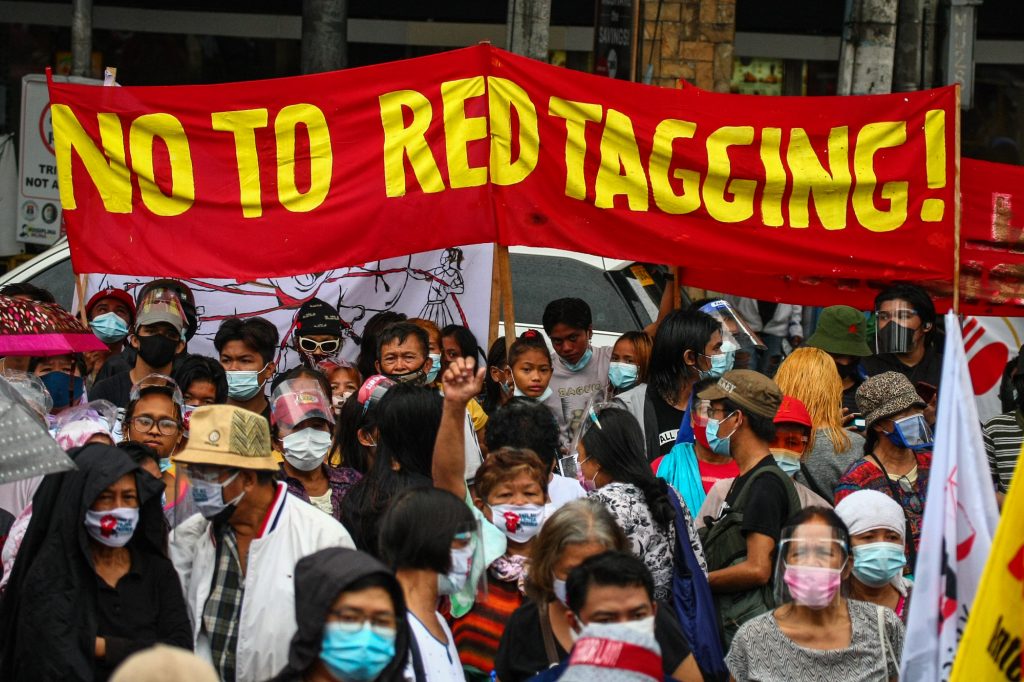
The National Council of Churches in the Philippines (NCCP) expressed support for a bill in the Senate that aims to penalize state actors who practice red-tagging.
“Along with the recent statement of the Supreme Court on attacks on lawyers and judges, we fully welcome this bill,” read a statement from the council released on March 26.
The Senate bill was filed by opposition Senator Franklin Drilon following a series of statements made by police and military officials tagging activist groups as communist front organizations.
The NCCP statement said the move in the Senate is “a positive initiative that hopefully can help reverse the trend of the constricting civic and democratic spaces in our country.”
“The dangerous practice of red-tagging has victimized various organizations and individuals,” read the statement signed by Bishop Reuel Norman Marigza, NCCP general secretary.
“We hope our lawmakers treat this bill as a very urgent piece of legislation,” said the Protestant bishop.
He said “red-tagging short circuits the fundamental process of democratic discourse and violates due process especially as it curtails, among others, the freedom of expression and freedom of association guaranteed in the Bill of Rights of our Constitution.”
“It is thus unfair for any person or civil society organization to be red-tagged,” said Bishop Marigza.
The NCCP statement noted that Churches and Church-related institutions, including its leaders and workers, have not been exempted from red-tagging.
“Red-tagging Churches and Church-people violate our right to the exercise of the freedom of religion and to the exercise of ministries in furtherance of our religious beliefs,” said Bishop Marigza.
“Any such practices that red-tags and vilifies legitimate ministries subvert the majesty of democratic governance,” he added.
The National Council of Churches in the Philippines is the largest aggrupation of mainline Protestant and non-Roman Catholic churches in the country.
Source: Licas Philippines
0 Comments